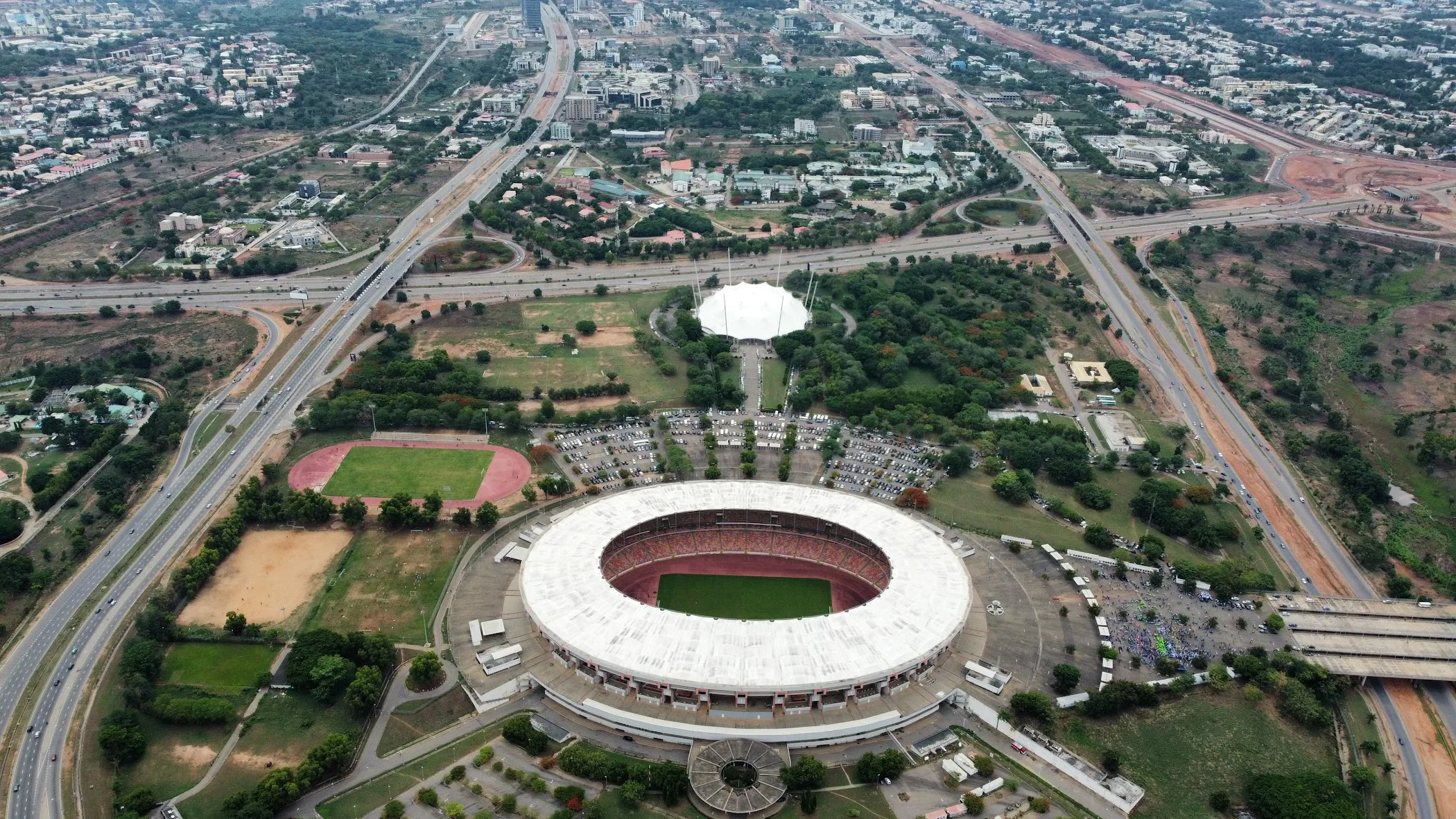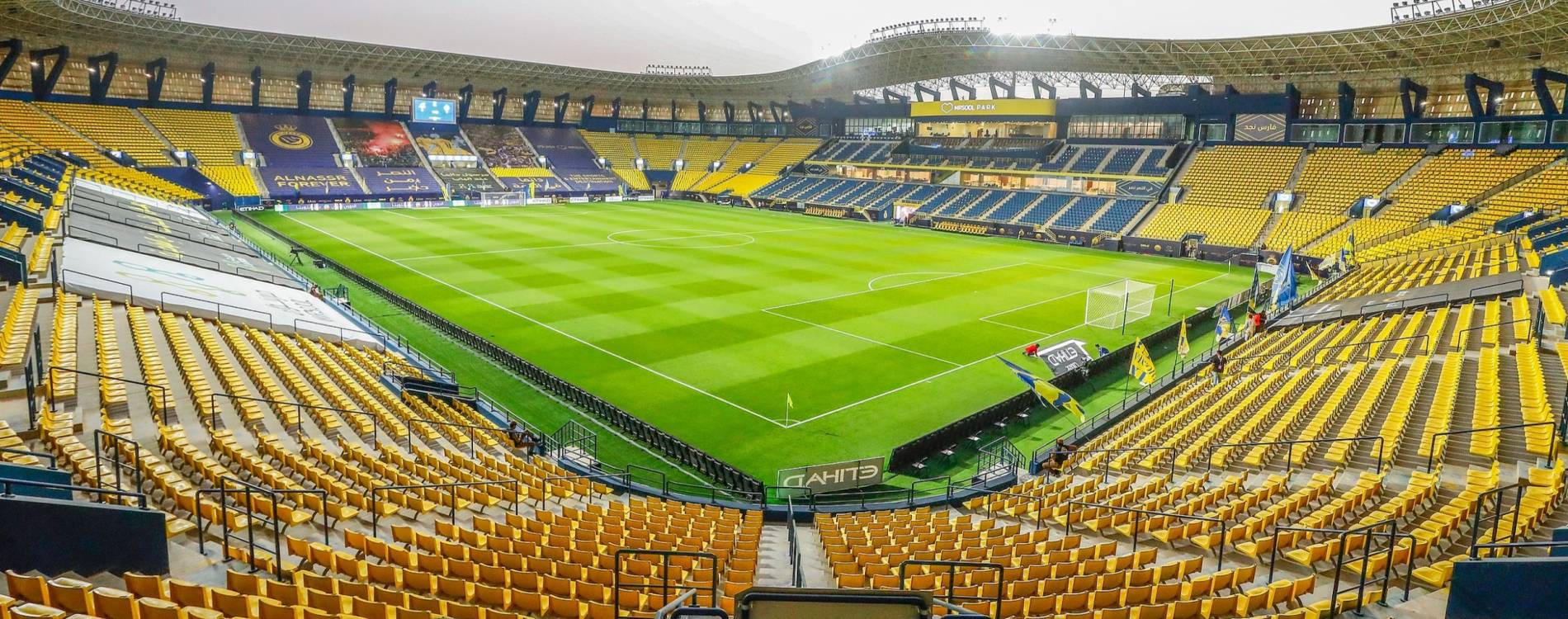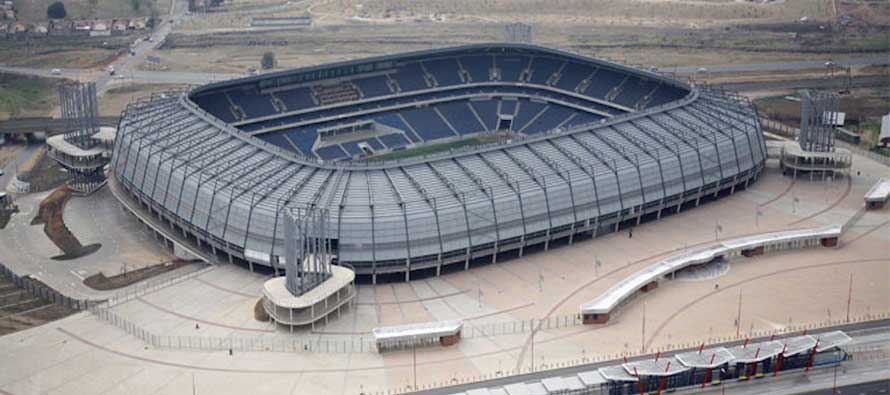Nestled in the heart of Abuja, the Moshood Abiola National Stadium stands as a beacon of Nigerian pride and passion. This architectural marvel is more than just a venue for sports; it represents the aspirations, resilience, and spirit of a nation. With its vibrant history and diverse events, the stadium has etched itself into the cultural fabric of Nigeria. Whether it’s football matches that stir national fervor or concerts that unite hearts through music, this iconic structure captures moments that resonate with every Nigerian. Join us on a journey to explore why Moshood Abiola National Stadium is not just an arena but an emblem of splendor in Nigeria’s story.
History and significance of the stadium
Moshood Abiola National Stadium, located in Abuja, stands as a monument to Nigeria’s rich sporting heritage. Originally named the Abuja National Stadium, it was inaugurated in 2003 to host the FIFA Under-20 World Cup.
The stadium is more than just a sports facility; it reflects the aspirations of a nation eager to showcase its talent on an international stage. Over the years, it has played host to numerous prestigious events including national football matches and athletics championships.
Named after Moshood Abiola, a prominent figure in Nigeria’s pro-democracy movement, the venue embodies resilience and hope for many Nigerians. It serves as a gathering place for unity during major sporting events that inspire pride across diverse cultural backgrounds.
This iconic structure is not only vital for sports but also represents Nigeria’s journey towards global recognition through athletic excellence. Its history resonates deeply within the hearts of those who have witnessed unforgettable moments unfold there.
Design and architecture of the stadium
The design of Moshood Abiola National Stadium is a masterpiece that captures the essence of Nigerian culture. Its structure reflects both modernity and tradition, showcasing the nation’s architectural prowess.
With a seating capacity exceeding 60,000, the stadium boasts an iconic oval shape. The roof’s unique design resembles a traditional African hut, merging heritage with contemporary aesthetics.
Natural light floods through expansive windows, enhancing visibility while creating an inviting atmosphere for fans. Thoughtful landscaping around the stadium adds to its charm.
Inside, state-of-the-art facilities cater to athletes and visitors alike. From training areas to luxury boxes, every feature enhances the overall experience.
This blend of functionality and beauty makes it more than just a venue; it’s a symbol of national pride and unity in sportsmanship.
Events hosted at the stadium
Moshood Abiola National Stadium has been the heartbeat of Nigerian sports and entertainment. This iconic venue has hosted a myriad of events since its inception. From thrilling football matches to grand athletic competitions, it brings people together.
The stadium serves as the home ground for several local teams. It often buzzes with energy during league games and international friendlies. Fans gather in droves, showcasing their passion for the beautiful game.
But it’s not just about sports; the stadium is versatile. Major concerts have graced its grounds, featuring both local and international artists. The atmosphere pulsates with excitement as music lovers unite under one roof.
Cultural festivals also find a stage here, celebrating Nigeria’s rich heritage. Dance performances and art exhibitions add color to this historic site, making it a hub of creativity. Each event transforms the space into something magical, leaving lasting memories for all who attend.
Importance of Moshood Abiola National Stadium to Nigerian culture and identity
Moshood Abiola National Stadium holds a special place in the hearts of Nigerians. It serves as a vibrant hub for sports, entertainment, and national pride.
For many, it is more than just an arena; it’s a gathering spot where dreams are realized and memories are created. The exhilarating atmosphere during matches unites fans across diverse backgrounds.
This stadium represents Nigeria’s commitment to sportsmanship and excellence. Hosting international competitions showcases the country’s talent on a global stage.
Culturally, the stadium embodies resilience and hope. Events here often transcend mere games, turning into celebrations that reflect Nigerian unity in diversity.
From football legends to local heroes, every athlete who plays within its walls adds to its rich narrative. This legacy strengthens national identity and inspires future generations to pursue their passions with fervor.
Challenges faced by the stadium
Moshood Abiola National Stadium has faced numerous challenges over the years. Deteriorating infrastructure is one of its most pressing issues. Aging facilities struggle to meet modern standards, leading to safety concerns.
Financial constraints have also played a significant role in the stadium’s upkeep. Limited funding hampers maintenance efforts and prevents necessary renovations from taking place.
Moreover, the impact of political neglect cannot be overlooked. The stadium often falls victim to changing administrations that prioritize other projects over sports development.
Another challenge lies in engaging local communities. Attendance at events can fluctuate dramatically, impacting revenue and overall vibrancy.
Environmental factors occasionally pose problems as well. Heavy rains and seasonal changes affect both the field conditions and spectator experience during matches or events held there.
These hurdles highlight a need for strategic planning and investment if Moshood Abiola National Stadium is to reclaim its former glory.
Future plans for the stadium
The future of Moshood Abiola National Stadium is brimming with potential. There are plans to revitalize its infrastructure, ensuring it meets modern standards for safety and comfort.
Upgraded facilities will enhance the experience for athletes and spectators alike. This includes improved seating, state-of-the-art lighting, and enhanced accessibility features. Such upgrades aim to attract more events and boost attendance.
Moreover, initiatives are being discussed to host international competitions regularly. This would not only elevate Nigeria’s profile in global sports but also foster local talent through exposure to world-class events.
Sustainability is another focus area. The integration of eco-friendly practices within the stadium’s operations can set a benchmark for other venues across Africa.
Community engagement programs are in the works as well, aiming to deepen ties between the stadium and local residents while promoting sports at grassroots levels.
Conclusion
The Moshood Abiola National Stadium stands as a beacon of hope and pride for Nigeria. It encapsulates the spirit of a nation that has faced numerous challenges but continues to strive for excellence in all domains, including sports and cultural celebration.
As we look toward its future, there’s an undeniable excitement about what lies ahead. The stadium is not just bricks and mortar; it’s the heartbeat of Nigerian identity. With plans for renovation and modernization, it promises to host more thrilling events while adapting to contemporary standards.
This venue remains pivotal in uniting diverse communities through shared experiences—whether it’s cheering on local football teams or celebrating national achievements. The ongoing efforts to revitalize this iconic structure will ensure that it continues to be a source of inspiration for generations to come.
The story of Moshood Abiola National Stadium is far from over; it’s evolving into something even greater, much like Nigeria itself.
Also check: The Iconic Ellis Park Stadium: A Legacy of Sports and Entertainment in Johannesburg




One thought on “Unveiling the Magnificence of Moshood Abiola National Stadium: Emblem of Nigerian Splendor”